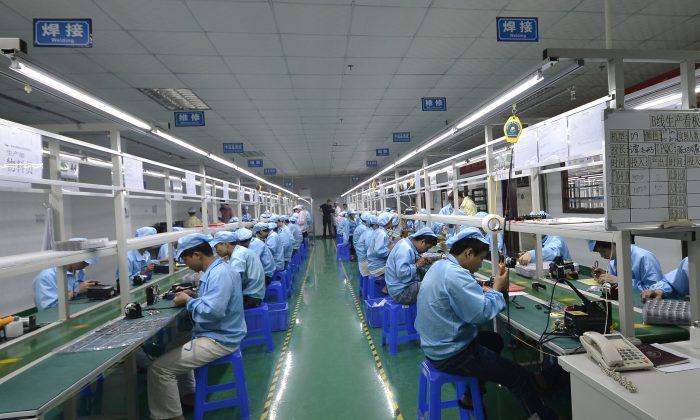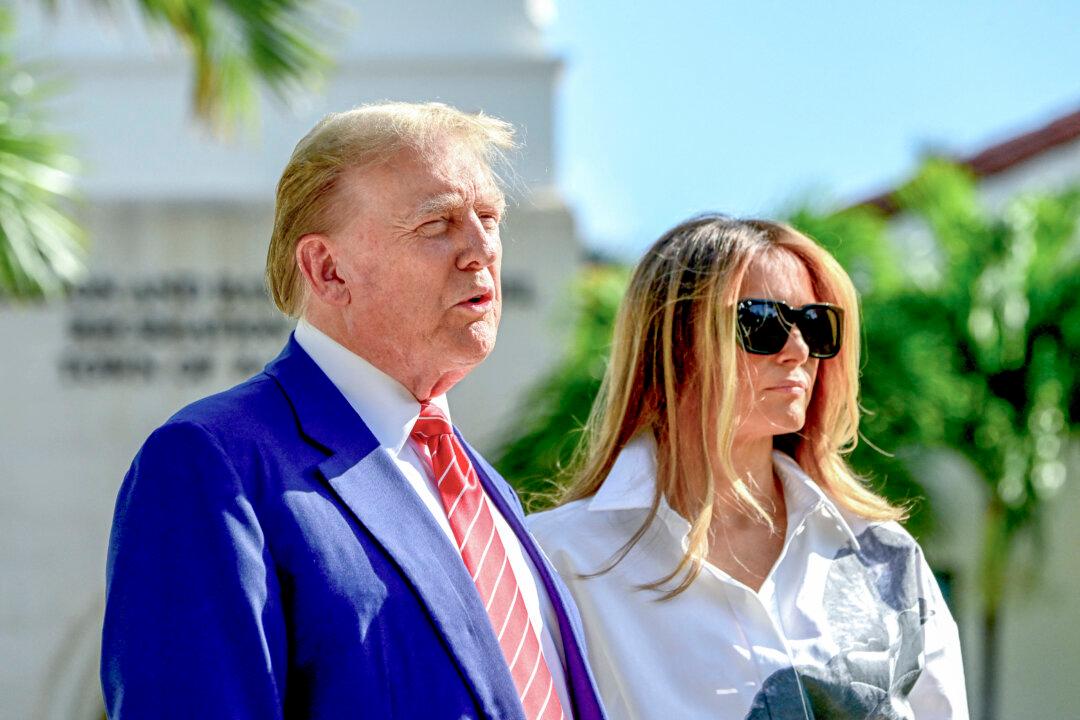Major Apple suppliers are shifting manufacturing capacity outside of China, with Vietnam and India being their top destinations, as firms struggle with supply disruptions and geopolitical tensions.
The Chinese regime’s strict COVID-19 regulations that disrupted production and Beijing’s simmering geopolitical tensions with the United States are said to be some of the factors driving the exit of various firms from the country.
“We get requests from our clients almost every month. ‘Do you have any plans to expand to India?’” Yoshinaga said. “If they decide to build up the production lines in India, we may have to think about it seriously. Currently, we are focusing on developing our Vietnam production facilities.”
Overall, the flow of manufacturing indicates that activity is moving out from China, he said.
“I don’t think it’s going to return,“ Yoshinaga said. ”It’s one-way.”
In February, Taiwan-based Foxconn Technology Group, Apple’s biggest contractor, announced that it had bought a new site in Vietnam as the firm pushes ahead with shifting production out of the mainland.
Last year, Foxconn’s iPhone plant in the Chinese city of Zhengzhou was affected by violent protests and an employee exodus amid stringent COVID-19 control policies imposed by Beijing. The plant is the largest iPhone manufacturing facility in the world.
In a recent earnings call, Apple CEO Tim Cook cited disruptions at the Zhengzhou plant while reporting a decline in revenue during the fourth quarter of 2022.
Exiting China
It isn’t just Apple suppliers that are moving out of China. In October 2022, for example, carmaker Stellantis announced that its joint venture in China was filing for bankruptcy. CEO Carlos Tavares had noted that political interference by the Chinese regime in the country’s business sector was rising.Kyocera, one of the largest chip component manufacturers in the world, has begun shifting production from China to other nations. The company is building its first factory in Japan in almost two decades.
Data from China’s National Bureau of Statistics show that the country’s population fell by 850,000 in 2022. The last annual decline happened in 1961, during the Great Famine. But unlike those times, the current population decline is “irreversible,” Tianliang wrote.
“China’s population will continue to decline. China was able to attract manufacturing in the first place because of low labor costs. But the scarcity of human resources means that labor costs have become more expensive.”
China has faced an unprecedented loss of lives during the COVID-19 pandemic, and with a lowering birth rate across the nation, many sectors, including manufacturing, will face an insurmountable obstacle.
Governments and corporations are expected to invest “substantially in on-shoring, near-shoring, and friend-shoring for value chains,” he said.






Friends Read Free